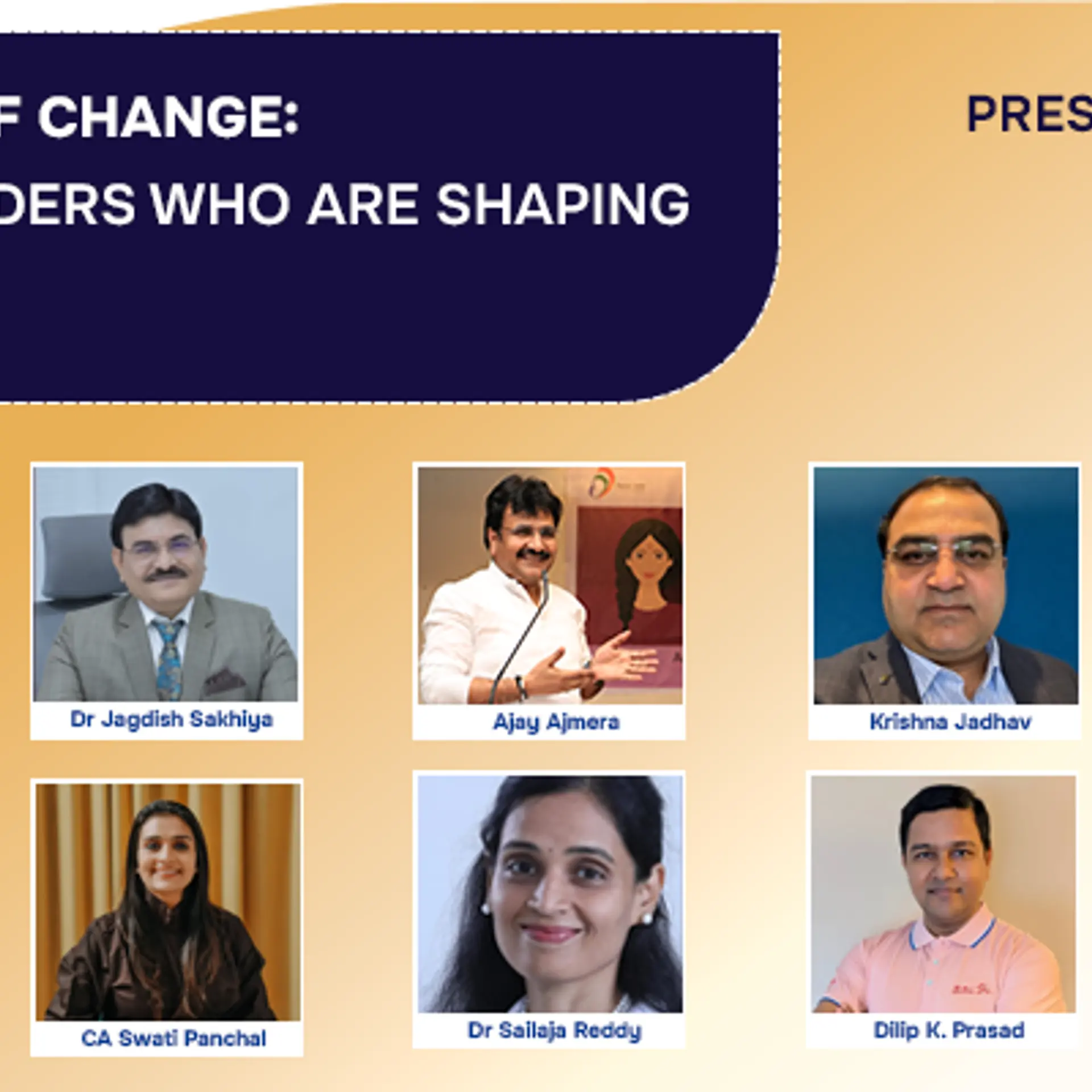This social enterprise is creating a life of freedom of Afghan refugee women
Silaiwali was launched by former journalist Bishwajeet Mioitra and his wife and textile designer Iris Strill in 2018 to employ persecuted Afghan women to create upcycled dolls from cotton scraps generated by garment industries.
Three years ago, when Afghanistan’s civilian government fell to Taliban fighters, Feroza Haidari fled to India in the hope of finding refuge and, hopefully, a livelihood.
She came to Delhi, which as per United Nations High Commissioner for Refugees (UNHCR) data, is home to a community of over 10,000 Afghan refugees. Many of them now constitute a good chunk of its local economy, despite challenges that include lack of legal recognition and documentation.
However, a couple in Delhi has been changing the fates of Afghan women—especially those from the historically persecuted ethnic tribe of Hazaras —with safety, community and a small employment model.
Former journalist Bishwadeep Moitra and his wife Iris Strill, a French native, are founders of Silaiwali, a social enterprise that creates rag dolls and decorations from upcycled waste fabric from apparel scraps that are generated in excess from garment manufacturing units in and around the national capital. Approximately 47% of all fibers in the fashion value chain end up as waste in the Delhi-NCR region alone, according to data from Silaiwali.
The enterprise employs Zahara women—who come from a rich indigenous embroidery, crochet and handwork tradition—and upskills them to create handcrafted decorations that hold high commercial value in Indian and international markets. Silaiwali products are sold in retail stores in 130 cities across the world. They are also sold in collaboration with MADE51, UNHCR’s innovative, market-based model that promotes economic inclusion of refugees in global value chains, and French luxury fashion house Chloé, among others.
Strill, an experienced creative designer in the textile and craft industry, says creating rag dolls of various nationalities and skin colours was an instant hit since they were working with small scraps of fabric that were generated from mass produced garments that were perfect for these creations.

The women create rag dolls and decorations from upcycled waste fabric from apparel scraps that are generated in excess from garment manufacturing units in and around the national capital.
Silaiwali also makes bags, wall hangings and home décor, which are priced anywhere between Rs 500 and Rs 2,500 in India and at different rates in markets across the world.
“Back home, our men were being abducted by the Taliban for working government jobs and our children were prevented from going to school,” says Haidari. “Our lives were under perpetual danger and living through each day had become a nightmare.”
At Silaiwali, Haidari makes close to Rs 12,000 a month, as per the World Fair Trade Organisation certification, and is able to live more freely; wear what she wants and move around. She has no provision for a bank account, and still hopes to go back home to Afghanistan when it is safer.
“Despite all the violence, it is the place we call home. It gave us identity and our roots, and I miss it dearly,” she says.
Many Afghan refugees, Haidari included, are trying to migrate to first-world nations such as Canada, Australia, and the United States, where getting covered under basic social security is possible. But the travails of displacement and uncertainty are realities they must live with.
Freedom, ecology and solidarity
“When my wife and I started Silaiwali in 2018, we knew it would be formed on two core principles: ecology and solidarity. They became the driving force for our work with Afghan women,” says Moitra. “We consciously set up the centre in Malviya Nagar, a neighbourhood with a large population of Afghan refugees, so that they can walk to work and save money in transit.”
They started with 10 women, and are now providing a livelihood to more than 70.
Many of these women are going to work and earning a livelihood for the very first time in their lives, breaking out of systemic oppression and traditional gender roles that controlled them back at home.
“It was difficult to earn in Afghanistan,” says Shikeba, another garment worker with Silaiwali, who left the country six years ago and came to Delhi. “I used to work as a househelp and cook, but to venture out and make a living was always an uncertainty. There was no guarantee of how long I could continue.
“This fear has gone now,” she adds. “I move around and work with more freedom here. The women at the centre feel like sisters and mothers. We are finding the safety of our family and community that we missed when we fled our homes,” she adds.
Strill says they did manage to open bank accounts for some of these women with great difficulty, at one point (since opening a bank account in India requires government documents including Aadhar Card which refugees are not entitled to), but are now paying them salaries in cash.
Iris initially trained all the women, but now, three lead trainers carry forward the work of upskilling the women.
Recently, Silaiwali was registered under the Government of India’s Government e-Marketplace (GeM), an online platform for public procurement launched by the Ministry of Commerce and Industry, to create an open and transparent procurement platform for government buyers and facilitate the online procurement of goods and services.
“Recently, keeping up with our motto of solidarity, we also took the initiative to rural and tribal women in Bengal, Rajasthan and Gujarat,” says Moitra. “In the coming months, we plan to rope in Somalian and Rohingya refugees as well as part of the project.”
Edited by Affirunisa Kankudti






